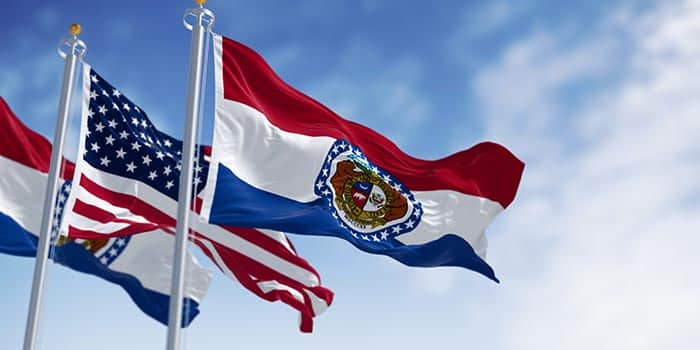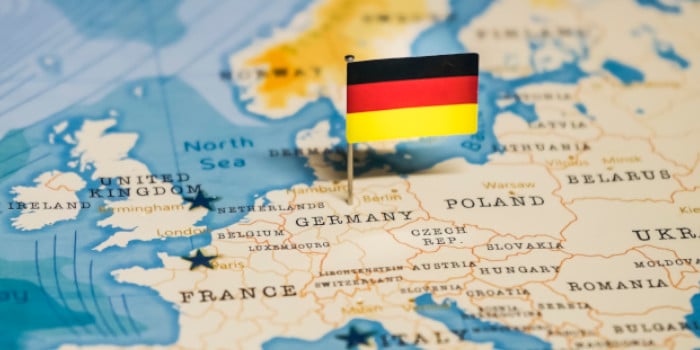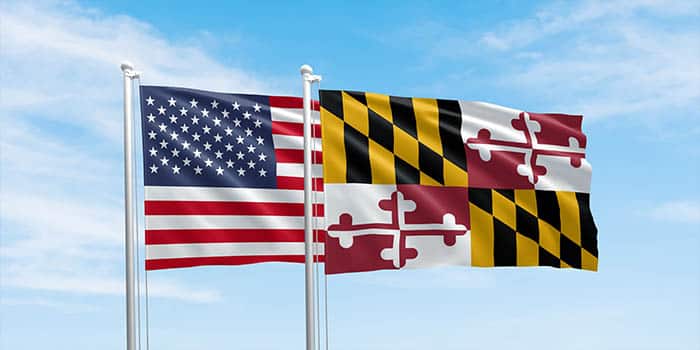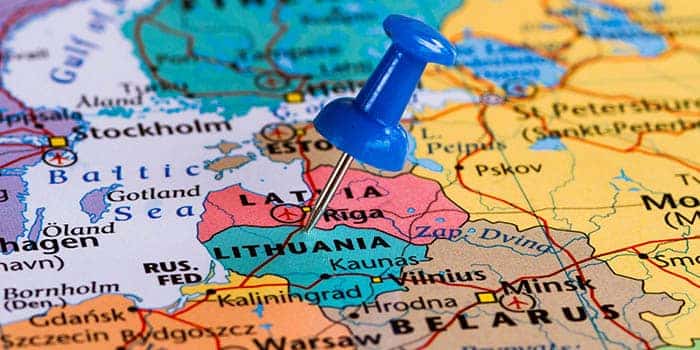- Casino
- By State
- Alabama
- Alaska
- Arizona
- Arkansas
- California
- Colorado
- Connecticut
- Delaware
- Georgia
- Florida
- Hawaii
- Idaho
- Illinois
- Indiana
- Iowa
- Kansas
- Kentucky
- Louisiana
- Maine
- Massachusetts
- Maryland
- Michigan
- Minnesota
- Mississippi
- Missouri
- Montana
- Nebraska
- Nevada
- New Hampshire
- New Jersey
- New Mexico
- New York
- North Carolina
- North Dakota
- Ohio
- Oklahoma
- Oregon
- Pennsylvania
- Rhode Island
- South Carolina
- South Dakota
- Tennessee
- Texas
- Utah
- Vermont
- Virginia
- Washington
- West Virginia
- Wisconsin
- Wyoming
- By State
- Slots
- Poker
- Sports
- Esports
Sports Gambling in Kenya Gets New Life Following Approval of Tax Cuts

A long-running legal battle between Kenya’s government and the gambling industry might be coming to an end. Uhuru Kenyatta, the country’s president and a staunch gambling opponent, seems to be softening his anti-gambling stance, approving a new tax rate on gambling wagers that should appease the gaming industry. Instead of the 20% that had previously thrust the gambling industry into chaos, Kenyatta has approved a 7.5% tax on gambling wagers that will allow the industry to flourish.
Kenya Eases Up On Gambling
The new 7.5% tax comes via a revision introduced by the Kenyan Revenue Authority (KRA), the country’s tax regulator. Previously, and amid no shortage of major legal battles, the KRA had been questionably trying to enforce a 20% tax on all gambling verticals. That higher tax was made retroactive, leaving large gambling companies such as SportPesa throwing in the towel and exiting the country. The KRA was allegedly trying to charge double the 10% originally established, but had its efforts blocked by the Nairobi High Court.
In a modern-day version of the Boston Tea Party, gambling and telecommunications companies fought the excessive taxes and the attempt by the KRA to make it retroactive. The gambling industry was in turmoil and no one knew who was in charge of what. Despite being ordered to justify the tax, the KRA couldn’t and still pushed for the 20%. Last month, it looked as though it had convinced lawmakers to support it, but those efforts have now apparently come to a grinding halt with Kenyatta’s approval of the modified tax rules.
The KRA’s Misguided Efforts
The KRA wanted a 20% tax on gambling winnings, which it said should be imposed on the payout, as well as the original stake. Kenyatta may have simply been seeing dollar signs (or, in Kenya’s case, shillings) when he didn’t oppose the misguided idea and tried to order SportPesa to pay over $550,000 in back taxes. However, gambling companies didn’t roll over and comply quietly as anticipated, setting off several legal battles and confrontations that brought sports gambling in the country to its knees.
Kenya’s government finally had its Finance Committee evaluate the tax regime and discuss concerns with stakeholders, something that should have happened from the start. Following those discussions, the Finance Committee reached the only obvious conclusion, stating, “The committee observed that the proposed rate of excise duty on betting is too high and may end up not achieving the intended revenue as most players will opt for international platforms for their betting activities.”
As a result, the government wasn’t able to collect the amount of money it had thought, limiting the country’s budget. More importantly, however, the problems hurt sports teams, which were able to collect a piece of the action to fund their programs. Now, with a more logical and acceptable 7.5% tax in place, the sports gambling industry can flourish, which means the country and its sports organizations will be able to flourish, as well.
Erik brings his unique writing talents and storytelling flare to cover a wide range of gambling topics. He has written for a number of industry-related publications over the years, providing insight into the constantly evolving world of gaming. A huge sports fan, he especially enjoys football and anything related to sports gambling. Erik is particularly interested in seeing how sports gambling and online gaming are transforming the larger gaming ecosystem.
Must Read
Industry
June 27, 2025
Las Vegas Sphere Bashed for Charging $170 for Pizza
Industry
June 30, 2025
New Zealand Presses On with iGaming Legislation
More Articles



Sports
July 3, 2025
Missouri Sports Betting Open for Public Debate

Casino
June 30, 2025
DIMOCO Enters Germany iGaming Market with Neo.Bet













